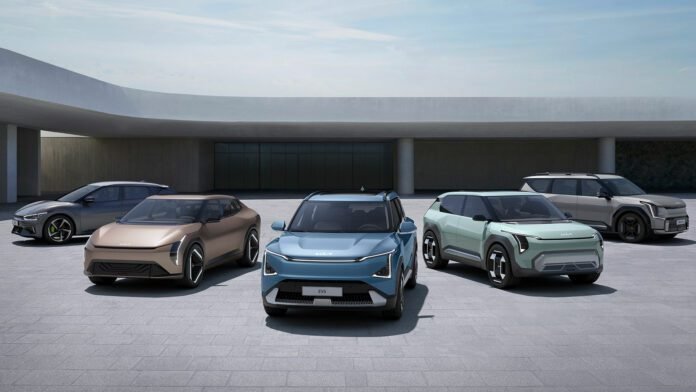India’s public EV charging infrastructure has seen major advancements in 2023, which is important for the country’s drive towards sustainable transport and the uptake of electric vehicles. The main advancements and difficulties in the establishment of public electric vehicle charging infrastructure in India are examined in this article.
Major Advancements in The Indian EV Sector
- New EV strategy in Tamil Nadu: The state government of Tamil Nadu has unveiled a new EV strategy that emphasises encouraging investment and the construction of public charging and swapping networks. The policy covers topics including tariff changes to assist electric vehicle charging stations, supply-side incentives, specific demand-side incentives, retrofitting incentives, and incentives for charging infrastructure.
- Increasing Number of Charging Stations: There were 6,586 public charging stations in India as of March 2023, 419 of which were located on National Highways. With 1,845, Delhi is the state with the most electric vehicle charging stations, followed by Uttar Pradesh (406) and Maharashtra (660). The number of charging stations is increasing, which suggests that India’s public electric vehicle charging infrastructure is developing in a constructive manner.
- Government Initiatives: By 2030, the Indian government hopes to have 30% of newly registered private automobiles, 40% of buses, 70% of commercial cars, and 80% of two- and three-wheelers electric. These are aggressive goals for electric vehicle adoption. In order to achieve these goals, a strong infrastructure for EV charging must be developed.

Difficulties and Opportunities for the Future
India still has problems with its EV charging infrastructure despite these advancements. Compared to the 20,500 electric vehicles in the nation, India had just 5,254 public EV charging stations as of January 23, 2023. India requires 46,397 charging stations in total in order to reach its 2030 targets. Another essential component of guaranteeing a smooth transition to electric mobility is the dependability of electric vehicle charging infrastructure, a problem that affects not just India but the entire world.
In response to these obstacles, the Indian market for electric vehicles is expanding quickly; in February 2023, sales will have surpassed the 100,000-unit barrier for the fifth straight month. Between April and September 2023, the nation’s sales of electric vehicles will have climbed from approximately 20,000 units in 2018 to nearly 300,000 units. The Indian government’s goal of having more electric cars on the road by 2030 is anticipated to fuel the electric vehicle market’s expansion and the construction of public charging infrastructure, combined with increased consumer awareness and cost parity.
In summary, India has advanced significantly in creating infrastructure for public electric vehicle charging in 2023. Nonetheless, the nation still has a long way to go before achieving its 2030 target of 30% electric vehicle penetration. It is anticipated that as the market for electric vehicles expands, so will the infrastructure for public charging, resulting in an improved and more accessible transportation system in India.


